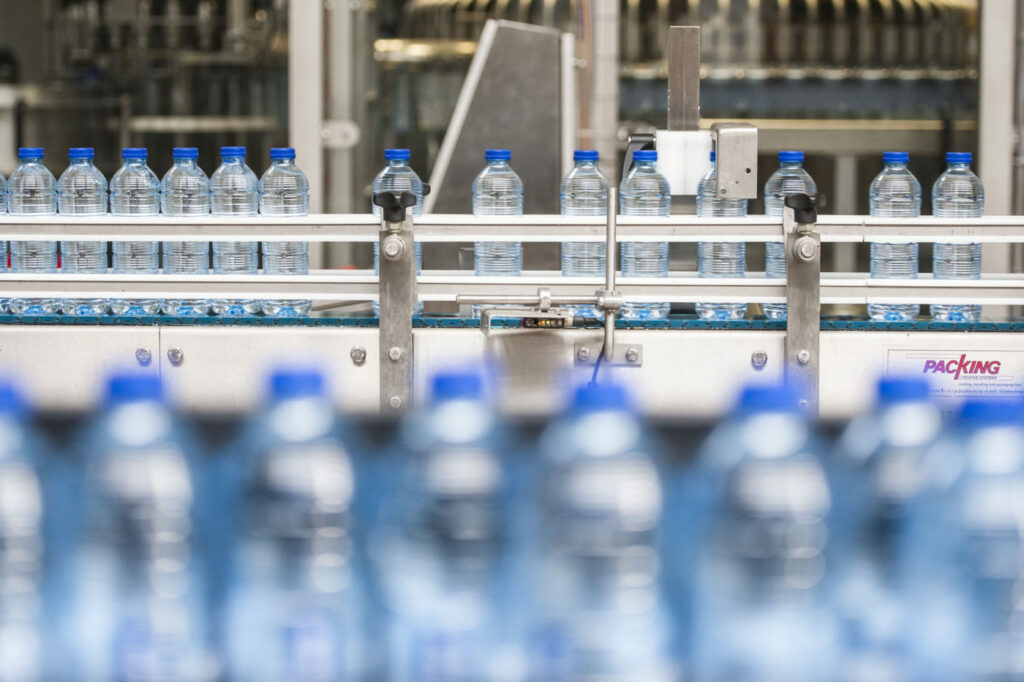The Nestlé group has confirmed that the use of banned treatments to purify mineral water concerns around one third of bottled water brands in France, Le Monde and Radio France reported on Tuesday.
Nearly 30% of commercial designations undergo non-compliant treatment methods, Le Monde and Radio France reported on Tuesday, in reference to a report by the General Inspectorate of Social Affairs (Igas), submitted to the French Government in July 2022.
The investigation conducted by Radio France underscores the findings of Igas inspectors, stating that while the "overall" compliance level with bottled water is high, it would be imprudent to assert that health risks, including microbiological risks, are entirely under control.
A government source confirmed to AFP that Igas has been entrusted with an "inspection mission of natural mineral water and spring water conditioning plants" in France. This move follows Nestlé's admission in the summer of 2021, acknowledging "non-compliant treatment practices on its production sites."
Nestlé, the world's leading mineral water company, informed French authorities in 2021 that it had used prohibited ultraviolet treatments and activated carbon filters on some mineral waters to maintain "food safety." While Nestlé confirmed these practices on Monday, it stressed that they are no longer valid in its brands, including Perrier, Vittel, Hépar, and Contrex.
'Suspicious practices'
Nestlé explained that, although these treatments were implemented to ensure food safety, they led the company to lose sight of regulatory compliance and assured the public that such treatments are no longer in use across its brands.
It is worth noting that purification techniques such as activated carbon filters or ultraviolet rays, permitted for tap water or "water made drinkable by treatment," are strictly prohibited for natural mineral water or spring water.
According to Le Monde and Radio France, the case originated at the end of 2020 when a former employee of Sources Alma – a company producing around 30 bottled waters in France, including Cristaline, Saint-Yorre, and Vichy Célestins – reported "suspicious practices in a factory of the group" to the Directorate General for Competition, Consumer Affairs, and Fraud Control.
Related News
- 'No one is immune': High-level European politicians polluted by PFAS
- PFAS in tap water is only 'tip of the chemical pollution iceberg’
Meanwhile in Belgium, experts believe that bottled water remains safe.
"Natural mineral waters are regulated by very strict European standards on use, production and quality, and these standards are transposed into national regulations," Liesbeth Van de Voorde from the Belgian FAVV Food Safety Centre, told The Brussels Times. "The irregularities found in France concern a possible deception of consumers and have no direct impact on food safety."
Safety checks are carried out on Belgian bottled water through random sampling and analysis, as well as inspections at the premises of Belgian producers.
Van de Voorde added that on the over 1,000 samples taken over the last three years as part of the monitoring programme – which also involves analysing several parameters per sample – more than 99% of the samples were compliant. In case of non-conformities, the necessary measures were taken.
"If, after a risk analysis, there is a risk to consumer health, a recall or warning is issued. Between 2019 and now, this has happened three times in Belgium."

